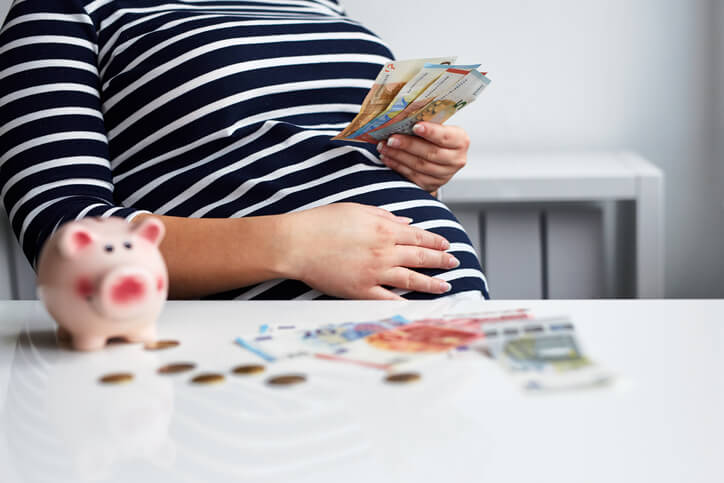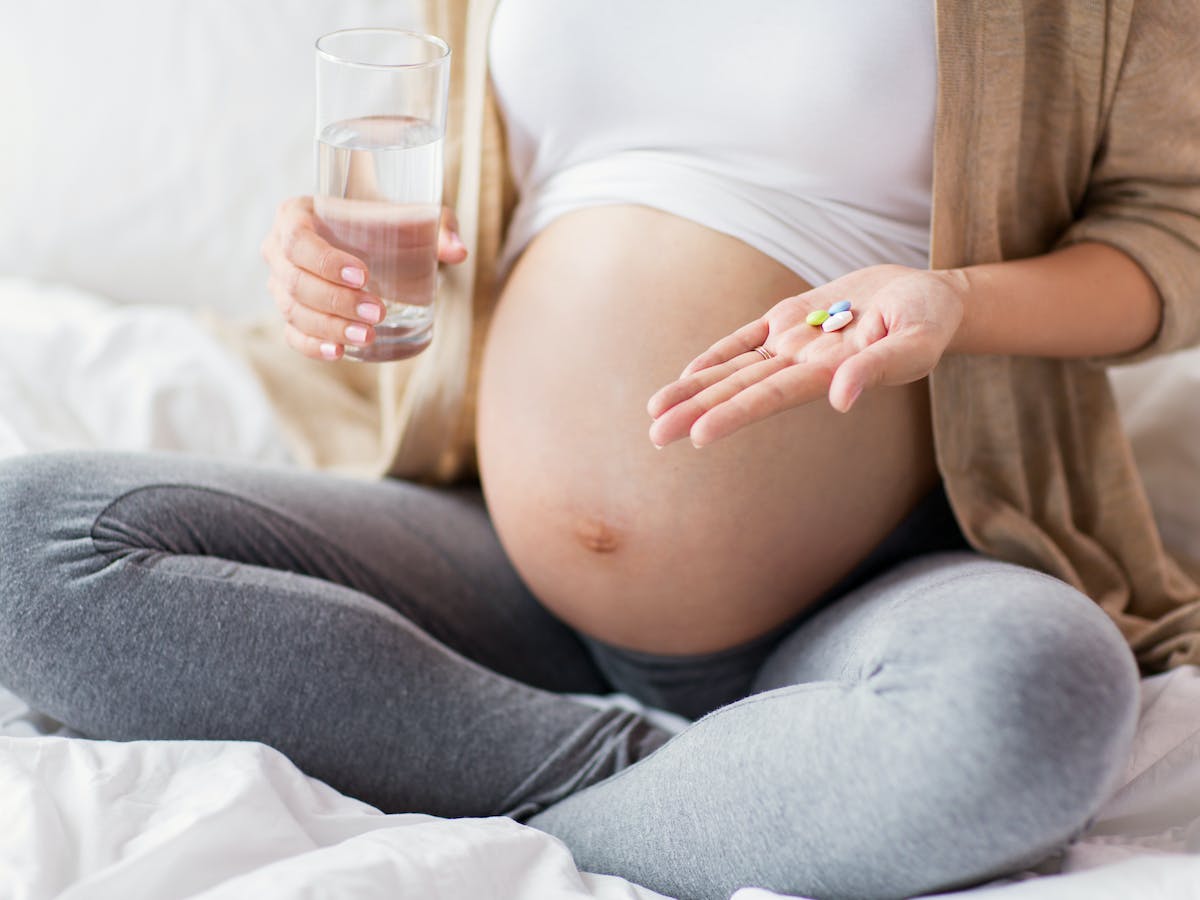Table of Content
IVF in Thailand
Intended parents looking for IVF in Bangkok needs to be aware of a few key things. A legal marriage certificate is required for couples who want to receive infertility treatment in Bangkok. The legal marriage certificate needs to be translated into English and confirmed by a reputable institution in their nation, like a District Office, the Ministry of Foreign Affairs, etc. Additionally, the formal marriage certificate for patients is not always certified by all embassies in Thailand.
Understanding the success rates of Infertility treatment in Bangkok
Success rates vary, and it depends on a number of different things. Some couples may try for conception up to three times before being successful with IVF in Bangkok. Other couples, unfortunately, might not be able to conceive.
Age and the underlying cause of infertility are just two of the variables that can affect the success rates of IUI and IVF at the IVF clinics in Bangkok. The approach you select for your fertility therapy will also impact its success rate.
IVF treatment cost in Bangkok
IVF treatment costs in Bangkok would depend on a list of factors like the number of IVF cycles performed, medications used, and so on. Ask your health insurance company if IVF or other forms of fertility therapy are covered, and if they are, find out if they are also covered abroad.
Additionally, you should confirm whether the IVF clinics in Bangkok and your insurance have a direct billing arrangement.
Managing stress during IVF in Bangkok
There are steps you may do to reduce stress and worry, but the procedure can be quite an emotional roller coaster because IVF carries the risk of unfavorable outcomes.
- Prepare yourself by doing some research on the process and IVF success and failure rates.
- Calculate the expenses. Will you be financially prepared for a second or third effort if the first one doesn’t work out?
- With your partner, go over the various possibilities so that you are ready for any outcome.
- Seek out friends or other couples who have undergone IVF for support.
- Trust your family and friends for emotional support.
- Think about the communities and support networks for couples undergoing IVF.
- In order to avoid exhausting yourself, try to free your thoughts of other worries.
- Look for ways to relax, like exercise or a hobby.
How much time would IVF in Bangkok require?
Each case is unique based on characteristics like age, reproductive status, and hormone levels. The typical IVF/ICSI technique lasts 3–8 weeks (depending on the period between egg retrieval, fertilization, and embryo transfer).
The following is a breakdown of the typical IVF timeline:
- For 2-4 weeks, you can get fertilization medications to stimulate your ovaries.
- The second day of your period, which is closest to the day of your scheduled IVF procedure, marks the beginning of your IVF/ICSI cycle.
- The ovarian stimulation procedure, which will take 8–13 days, will then start at the IVF clinic in Bangkok
- If everything goes as planned, you’ll then receive your ovulation trigger shot to encourage egg release. After that, 34–36 hours later, you must be at the hospital for egg retrieval.
- On the same day as egg retrieval, straightforward sperm retrieval is carried out. Anytime before or the day of egg retrieval can be used for TESE (testicular sperm extraction) or PESA (percutaneous epididymal sperm aspiration) if needed.
- Within a few hours of the egg retrieval for both fresh and frozen IVF/ICSI, fertilization occurs.
- If fertilization is successful, you can arrange your embryo transfer for 3-5 days later if you selected a fresh cycle; if you selected a frozen cycle, you can schedule your embryo transfer for a later date.
- You will be checked for pregnancy 9–12 days following the embryo transfer.
Precautions to take post IVF in Bangkok?
After IVF/ICSI is successful, you will need to undergo some thorough follow-ups, including hormonal and ultrasound tests, during the first month. After that, you can continue your pregnancy by following standard pregnancy guidelines, but keep in mind that every pregnancy is unique, whether it was conceived naturally or through IVF/ICSI at the IVF clinic in Bangkok.
After a successful IVF/ICSI procedure, your obstetrician may decide to watch you for the first few months of your pregnancy before transferring you to a regular obstetrician,
or she may decide to keep an eye on you the entire time. Additionally, with IVF/ICSI pregnancies, follow-up visits may be more frequent and may call for additional drugs or hormones.
Legal Implications related to IVF in Bangkok
According to Thai legislation, in order to undergo IUI, IVF, or ICSI, a couple must already be lawfully married. At the IVF clinics in Bangkok, you will have to show your marriage certificate.
Ovarian stimulation and a few fertility medications can be used when single, though. You must have your marriage license translated into English and authenticated by your local embassy in Bangkok if it is not in English. To get more specifics about your unique situation, feel free to email us in advance.
On the other hand, Same-sex couples desiring to undergo IVF or IUI are prohibited from doing so in Thailand, and this applies to both Thai nationals and foreign couples, even if they have a valid marriage license from another nation. Thailand does not recognize same-sex marriage.
Connect with one of our coordinators for more information on IVF in Bangkok!




